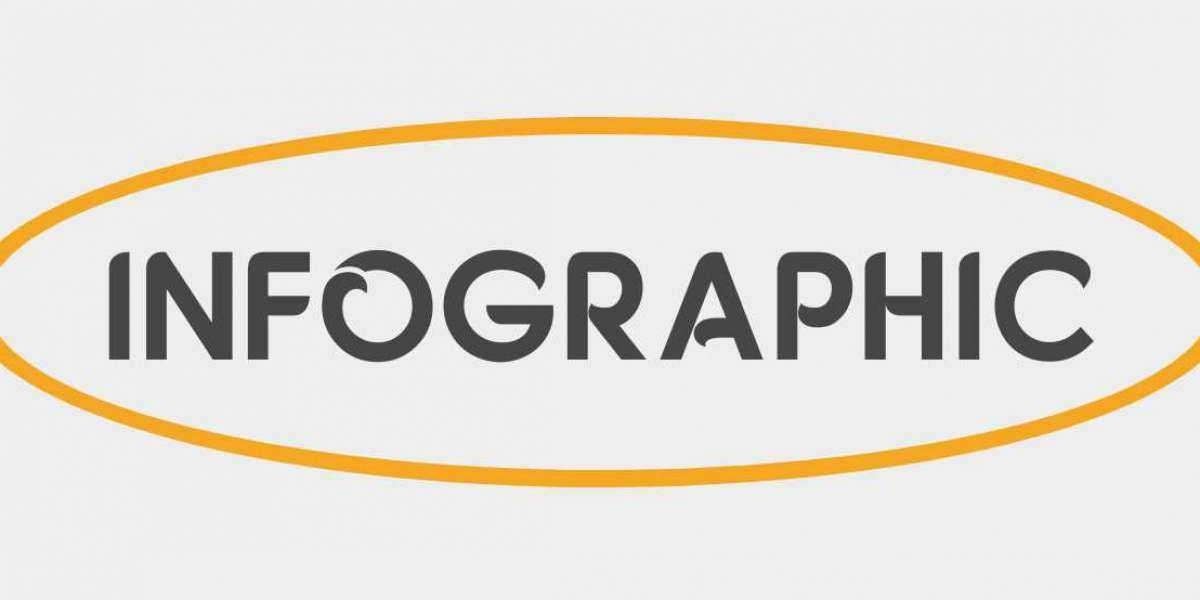Newcastle Legal & Conveyancing is a law firm located at 17 Beaumont Street in Hamilton NSW and online. At Newcastle Legal & Conveyancing we understand that life can sometimes present moments that require help from a lawyer. Some of these moments are happy occasions like buying or starting a new business or buying or selling your home.
Source: Employment Lawyers Newcastle







